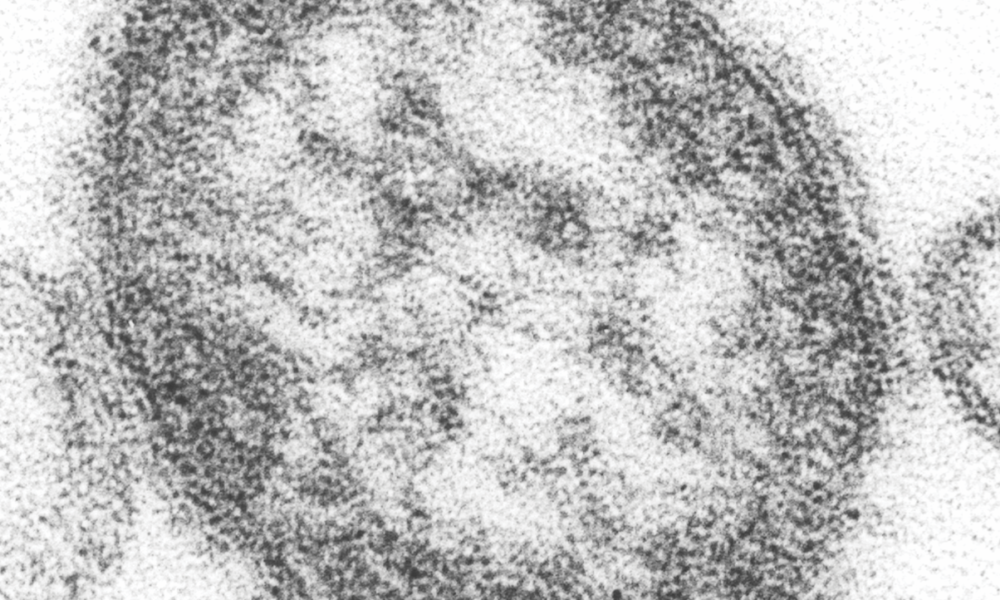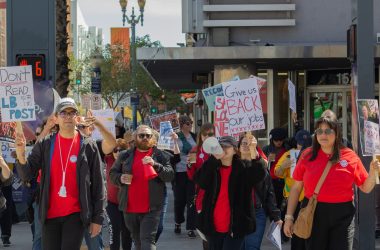During the first week of May, the Long Beach Department of Health and Human services confirmed its first case of measles after an individual carrying the virus traveled through the Long Beach Airport. Health officials have since advised people to protect themselves by confirming their measles vaccination.
The measles, which was declared eradicated by the Center of Disease Control in 2000, is said to have become and epidemic once again due to misinformation surrounding vaccinations.
According Long Beach State immunology professor, Deborah Fraser, the measles virus has become easier to come in contact with as the virus is able to remain longer outside of the human body due to its structure.
“The stability of the protein coat is important,” Fraser said. “Viruses have different genome, and they also have different coats on the outside and some of them are really stronger than others. Some viruses [don’t] stay as a particle very long.”
Fraser added that a virus usually attacks orifices such as the eyes, nose, mouth, as well as the lung cavity when breathing.
A city press release explained that measles can be mistaken for the common cold because of symptoms such as fever, coughing, watery eyes and rashes. These symptoms can take anywhere from 7 to 21 days to appear.
The CDC website stated that from January 1 to May 3, 2019, there had been a total of 764 individual measles cases in 23 states, the highest case number recorded since 1994.
LBSU issued a campus alert on April 26 and have put a hold on some students’ fall registration until confirmation of their vaccines are received.
Peter Martinez, a junior transfer student, said that he was asked to turn in a form despite having attended a public school, where students are already required to present vaccination proof.
“I’m required to submit a form that says that I have the measles shot, which I did,” he said. “As soon as the application goes through the health department then I’ll be removed from the hold.”
Initial concern for vaccinations may be linked to an ultimately false research report by Andrew Wakefield in 1998, who suggested measles, mumps and rubella vaccines may contribute to developmental disorders in children.
Fraser, however, explained that there have been many studies done since then, almost all of which refute Wakefield’s findings.
“I totally get why parents freak out,” she said. “If I was a parent I would have freaked out too and think why would I risk this but we have so much evidence now that that’s not true.”




